(Image source: DepositPhotos)
Every sparky knows the importance of a well-stocked toolbox. Whether you're tackling domestic repairs or large-scale commercial projects, having the right tools on hand ensures efficient and safe work. This guide explores the essential equipment you need to build your electrician's toolbox, empowering you to tackle any electrical challenge.
1. Lineman’s Pliers
Lineman’s pliers are versatile and crucial for gripping, twisting, and cutting wire. Their robust design allows for maximum control and strength, making them indispensable for any electrical job.
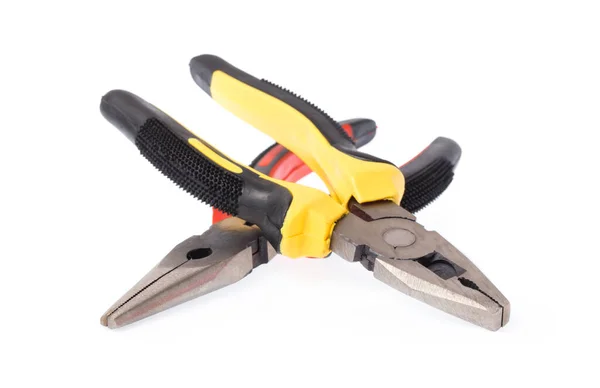 (Image source: DepositPhotos)
(Image source: DepositPhotos)
2. Needle Nose Pliers
For more delicate work, needle nose pliers are perfect. They offer precision when handling small wires or reaching into tight spaces. Their slender, pointed tips provide the control needed for intricate tasks.
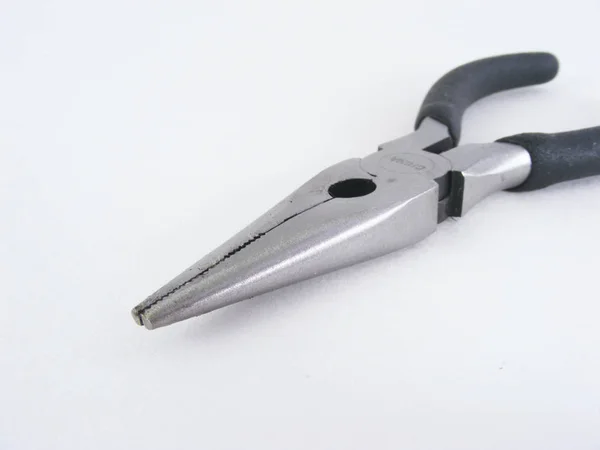 (Image source: DepositPhotos)
(Image source: DepositPhotos)
3. Diagonal Cutters
Also known as dykes, diagonal cutters are used to cut wires and cables. Their angled design helps make clean cuts and reduces the risk of damaging surrounding components.
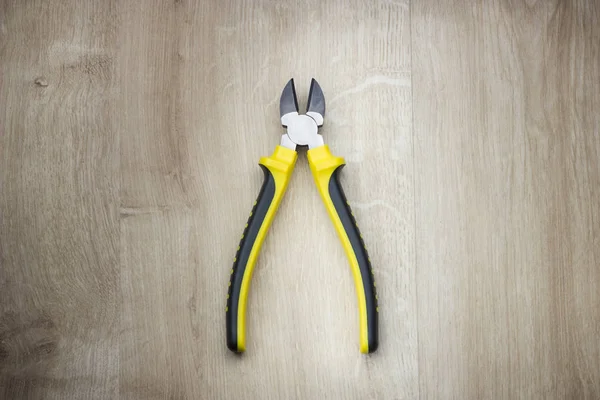 (Image source: DepositPhotos)
(Image source: DepositPhotos)
4. Wire Stripping Pliers
Wire stripping pliers are essential for removing the insulation from wires without damaging the conductor. Make sure to have a range of sizes for different wire gauges.
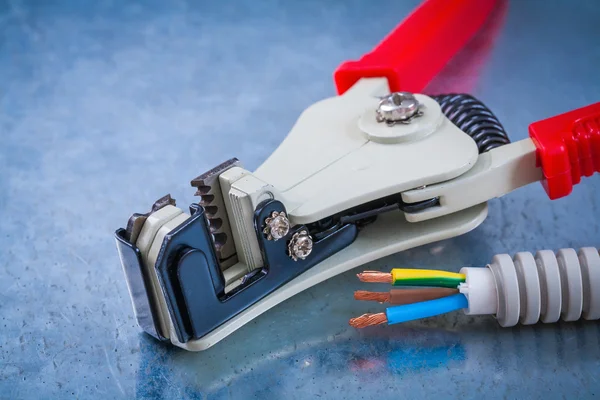 (Image source: DepositPhotos)
(Image source: DepositPhotos)
5. Phillips Head Screwdriver
A Phillips head screwdriver is used for driving screws with a cross-shaped slot. It’s a staple in any toolbox due to its wide range of applications, from securing electrical panels to installing outlets.
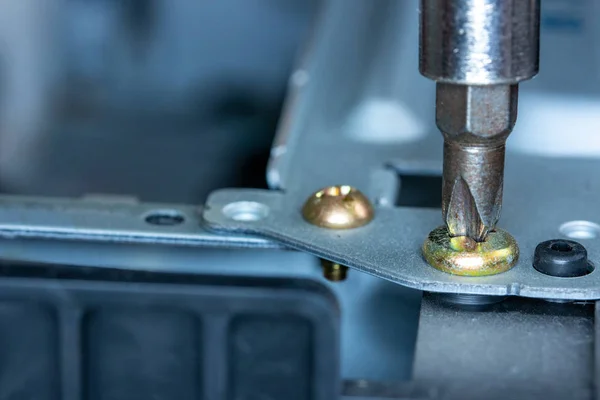 (Image source: DepositPhotos)
(Image source: DepositPhotos)
6. Flat Head Screwdriver
The flat-head screwdriver is ideal for prying open panels or slots and driving screws with a single slot. It’s a basic yet crucial tool for any electrician.
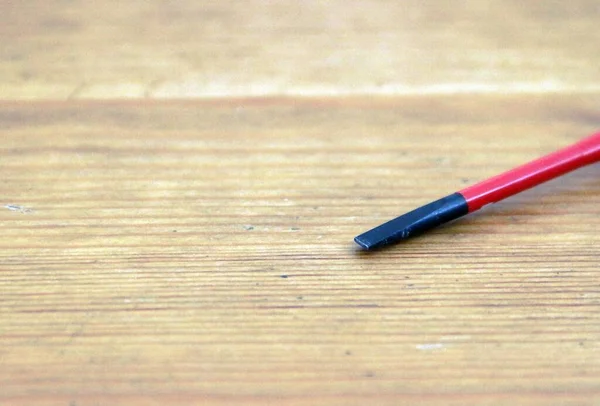 (Image source: DepositPhotos)
(Image source: DepositPhotos)
7. Hammer
A reliable hammer is necessary for tasks such as securing nails or tapping in components. Opt for one with a comfortable grip to reduce fatigue during extended use.
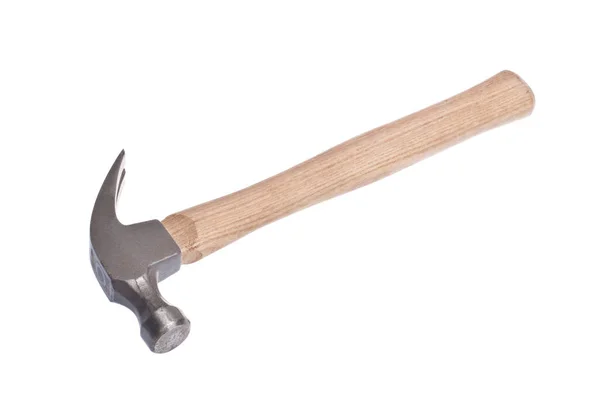 (Image source: DepositPhotos)
(Image source: DepositPhotos)
8. Tape Measure
A good tape measure ensures precise measurements when installing outlets, switches, or fixtures. A tape measure with a locking mechanism is particularly useful for accurate measurements.
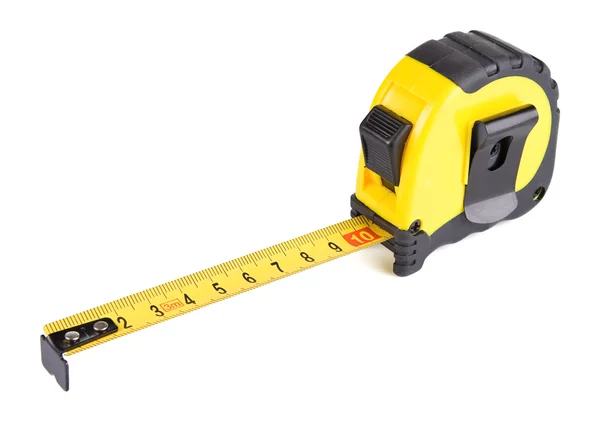 (Image source: DepositPhotos)
(Image source: DepositPhotos)
9. Level with Magnets
A level helps ensure that installations are straight and properly aligned. A magnetic level is especially handy for securing the level to metal surfaces while working.
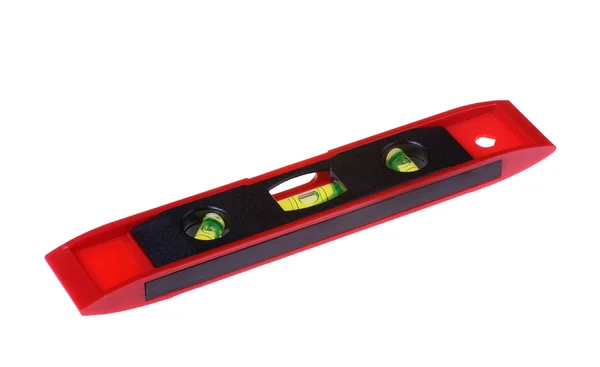 (Image source: DepositPhotos)
(Image source: DepositPhotos)
10. Drill
A drill is essential for making holes in various materials. It’s particularly useful for installing electrical boxes or mounting fixtures.
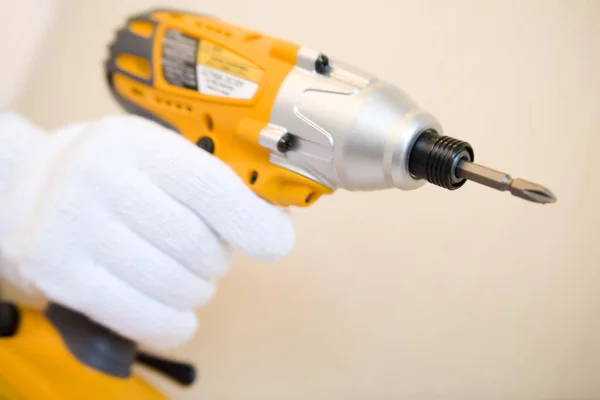 (Image source: DepositPhotos)
(Image source: DepositPhotos)
Additional Essentials
- Tool Pouch: For tools that you need to access frequently, a tool pouch is practical. It keeps essential tools within easy reach and organised.
- Utility Knife: A utility knife is handy for cutting through various materials, from insulation to tape.
- Pencils and Markers: Useful for marking measurements and notes on materials.
- Testing Tools: Non-contact voltage testers, multimeters, and outlet testers are crucial for ensuring safety and diagnosing electrical issues.
Having the right tools is just one aspect of being a successful electrician. ServiceSeeking.com.au connects you with potential clients across Australia, allowing you to showcase your skills and build your business.
So, are you ready to take your electrical expertise to the next level? Sign up on ServiceSeeking.com.au today and start connecting with clients who need your spark!
